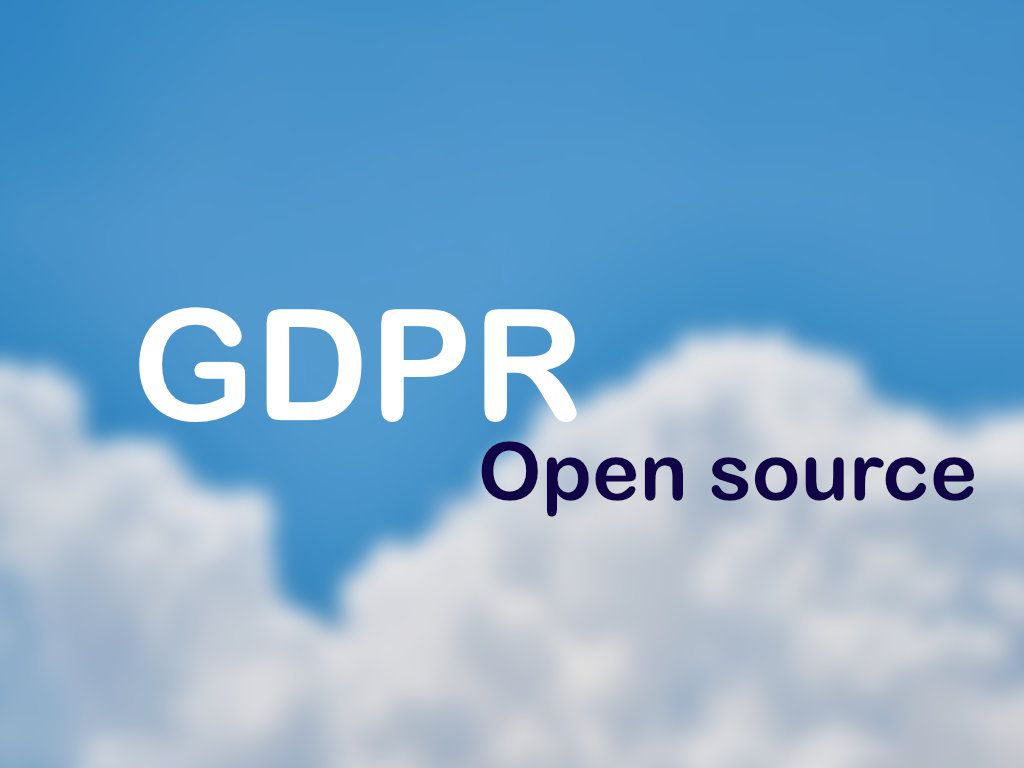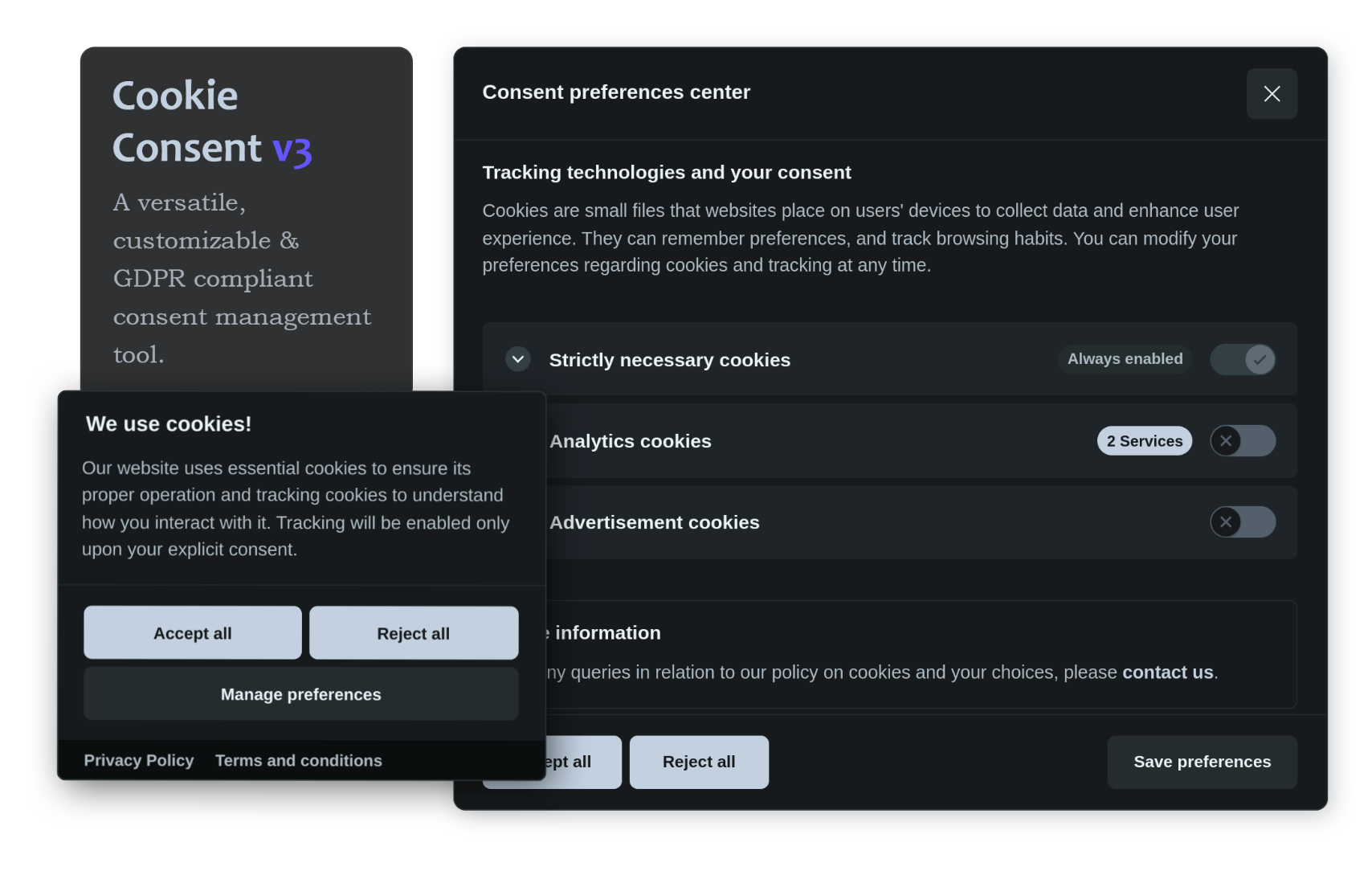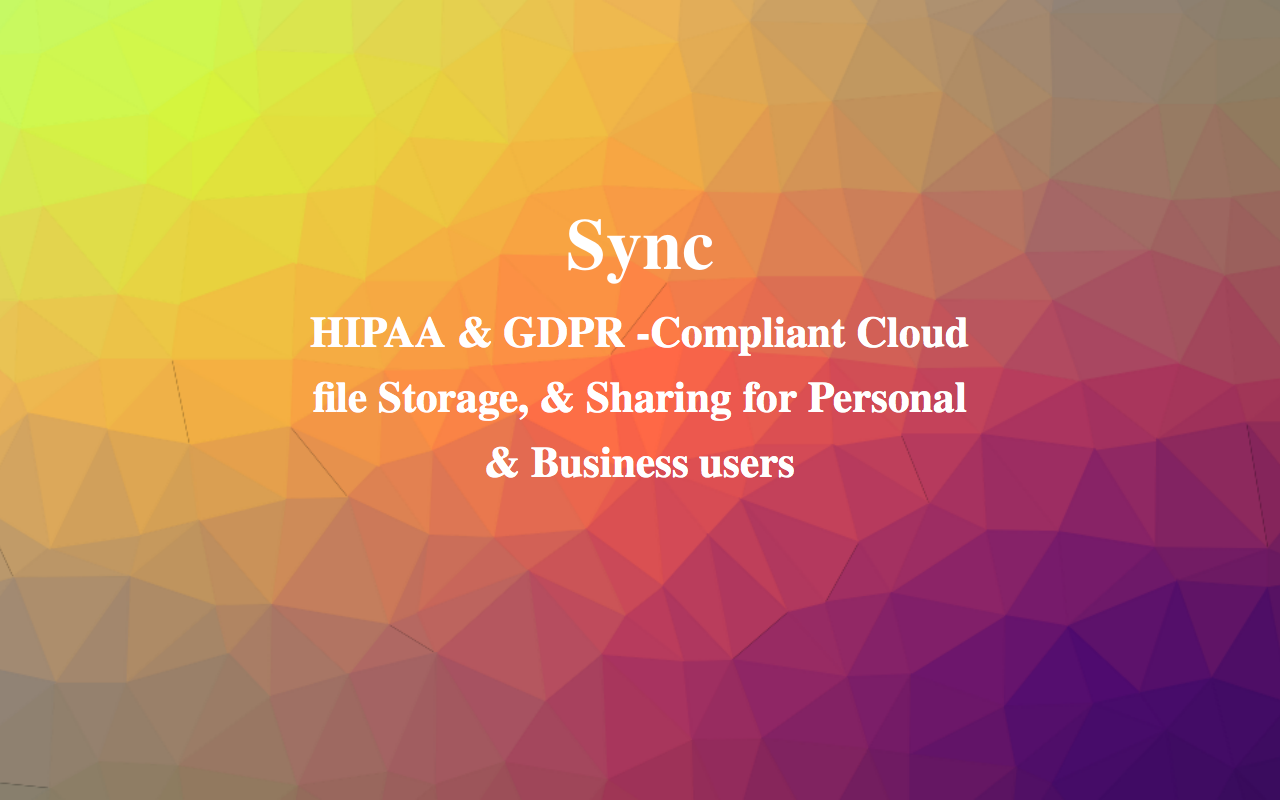Why Websites Outside the EU Are Getting Fined for GDPR Non-Compliance (And How Companies Can Avoid It)
Table of Content
In recent years, many companies outside the EU, including Turkey, have been hit with significant fines for failing to comply with GDPR regulations. The GDPR doesn’t just apply to EU-based businesses but extends to any company that processes the personal data of EU citizens.
This creates challenges for many non-EU companies, especially in Turkey, where local web developers and agencies often overlook GDPR when building sites, particularly when using popular platforms like WordPress.


Many agencies tend to rely on quick, ready-made WordPress solutions that come with pre-built themes and plugins. While this makes development faster, it often leaves privacy features underdeveloped or completely ignored.
Many sites lack essential tools such as proper cookie consent banners, clear privacy policies, and mechanisms for users to request data deletion, which are crucial to GDPR compliance.
As an experienced web developer, I’ve seen firsthand how common this issue is. Agencies push out WordPress sites quickly without giving enough attention to GDPR requirements, which results in their clients being at risk for fines and penalties. The solution is straightforward: stop treating compliance as an afterthought.
If you're going to use WordPress, make sure to include compliant plugins for cookies, privacy policy updates, and explicit user consent features from the start.
By focusing on compliance early in the development process, agencies can avoid legal issues for themselves and their clients.

Why Are Non-EU Websites Fined?
The GDPR’s broad territorial scope ensures that any company processing data from EU citizens, regardless of its location, must comply with GDPR regulations. Non-compliance can lead to serious penalties, which is why many businesses outside the EU have been targeted.
This happens because:
- Cross-border Data Processing: Websites and apps offering services to EU citizens or tracking their behavior (e.g., via cookies or analytics) fall under GDPR.
- Consent Mismanagement: Many companies fail to acquire explicit user consent for data collection, especially regarding cookies, leading to fines.
- Insufficient Privacy Measures: Failing to implement strong data protection mechanisms (like data encryption) results in penalties.
- Unclear Privacy Policies: Websites need clear, concise, and transparent privacy policies that explain what user data is being collected and why. Many businesses lack this.
Common GDPR Violations for Non-EU Websites
- Failure to obtain consent for data collection, tracking, and processing.
- Not respecting the "right to be forgotten", where users have the right to request their data be erased.
- Data breaches without proper reporting protocols.
- Non-compliant cookie consent practices—like pre-ticked boxes or no option to reject cookies easily.

How to Make Your Website GDPR-Compliant
For companies in Turkey and other non-EU countries, it’s essential to implement several practices to avoid GDPR-related penalties:
- Update Privacy Policies: Make sure your privacy policy is clear, concise, and written in a language users can understand. Include details about data collection, processing, and the user's rights.
- Obtain Explicit Consent: Ensure that users actively opt-in before collecting any data, especially with cookies or other tracking tools. Avoid pre-checked boxes and allow users to withdraw consent easily.
- Enable Data Access and Deletion: Allow users to access, modify, or delete their personal data. Implement processes that respect the "right to be forgotten."
- Implement Security Measures: Use data encryption, secure storage, and proper handling of personal data to minimize risks of breaches.
- Provide a Cookie Consent Banner: Add a banner that informs users about your use of cookies and tracking, and make it easy for them to accept, decline, or manage their preferences.
- Hire a Data Protection Officer (DPO): Depending on the scale of your operations, it may be necessary to appoint a DPO to oversee GDPR compliance efforts.
Adapting to GDPR in Turkey
While Turkish businesses may find GDPR compliance tricky due to differences in local data protection laws, such as KVKK (Turkish Data Protection Law), aligning with GDPR can ensure that businesses can offer their services to EU citizens without legal risk. The key is to treat user privacy as a priority rather than an afterthought.

ERP Business is affected
Many companies and web agencies in Turkey provide ERP (Enterprise Resource Planning) services to clients both locally and across the EU.
ERP systems manage sensitive data like customer information, financial records, and employee details. For businesses serving EU customers, this means handling vast amounts of personal data, making GDPR compliance critical. Failing to meet these regulations exposes companies to substantial fines, damages reputation, and leads to business losses.
Given the extensive data processing involved in ERP systems, it's crucial for Turkish service providers to align with EU laws, including GDPR. This involves ensuring that data is securely stored, access is controlled, user consent is obtained, and there are robust mechanisms for handling data breach notifications. Compliance is no longer optional—it’s essential for maintaining business partnerships in the EU and ensuring continued growth in the European market.
Many ERP providers and web development agencies outside the EU often overlook these critical aspects in favor of fast delivery, leaving their clients exposed to legal risks. To stay competitive and compliant, it’s important that companies prioritize GDPR from the beginning and ensure their ERP solutions are fully equipped to protect user data in line with EU regulations.

Final Words
The GDPR’s wide reach has surprised many businesses outside the EU, especially in Turkey, where web developers need to step up compliance efforts. By implementing transparent data policies, acquiring proper consent, and strengthening data protection practices, non-EU websites can avoid penalties and respect user privacy, securing long-term success in the global marketplace.
For more information on GDPR and how to make your site compliant, consider consulting legal experts or using GDPR compliance tools.











